Whether you’re a regular dental patient or are due for your first check-up in years, scheduling and preparing for a dental appointment can be a daunting task. However, by following some simple tips, you can make the most of your visit and ensure that you’re taking the best possible care of your teeth and gums. In this article, we’ll provide some guidance on scheduling your appointment, including what information to have on hand and how far in advance to book. We’ll also explore ways to make the most of your dental visit, including what questions to ask your dentist and how to prepare for a teeth cleaning. With these tips and strategies, you can approach your dental appointments with confidence and emerge with a healthier, happier smile.
Tips for scheduling a dental appointment
Scheduling a dental appointment may seem like a straightforward task, but there are actually several factors to consider in order to ensure a smooth and efficient visit. From gathering all necessary information to selecting the best time for your appointment, taking a few simple steps can help you make the most of your dental visit. In this section, we’ll provide some tips for scheduling a dental appointment, so you can feel confident and prepared when you step into the dentist’s office.
- Have the right information on hand: When scheduling a dental appointment, be prepared to provide your name, date of birth, contact information, and dental insurance information (if applicable). If you’re a new patient, you may also need to provide a brief medical history.
- Decide what type of appointment you need: Different types of dental appointments may require different amounts of time and preparation. For example, a routine checkup may only take an hour or less, while a more complex procedure such as a root canal may require multiple appointments and more advanced preparation.
- Find a time that works for you: Many dental offices offer flexible scheduling options, including early morning, evening, and weekend appointments. If you have a busy schedule, be sure to ask about these options when booking your appointment.
- Book in advance: It’s a good idea to book your dental appointment as far in advance as possible, especially if you have a specific date or time in mind. This can help ensure that you’re able to secure the appointment time that works best for you.
- Confirm your appointment: Before your appointment, be sure to confirm the date, time, and location with the dental office. This can help avoid any confusion or miscommunication on the day of your appointment.
- Arrive on time: When scheduling your dental appointment, be sure to leave yourself plenty of time to get to the office and fill out any necessary paperwork. Arriving on time can help ensure that your appointment runs smoothly and that you have enough time to address any questions or concerns with your dentist.
Overall, the key to scheduling a successful dental appointment is to be prepared, communicate clearly with the dental office, and plan ahead as much as possible. By following these tips, you’ll be well on your way to a stress-free and productive dental appointment.
Schedule your next dental appointment today
Take the first step towards a healthier, happier smile. Contact us now to schedule your visit. Our easy online booking system and friendly staff make it simple for you to get the care you need.
A dental appointment can be more than just a routine check-up. It’s an opportunity to learn more about your oral health, get answers to your questions, and ensure that you’re taking the best possible care of your teeth and gums. But with so much to consider, it’s easy to feel overwhelmed or unsure about what to expect. In this section, we’ll provide some tips for making the most of your next dental appointment, including what questions to ask your dentist, how to prepare for a teeth cleaning, and what to do in case of a dental emergency. With these tips, you can approach your appointment with confidence and leave with a healthier, happier smile
- Come prepared with questions: Before your appointment, take some time to think about any questions or concerns you have about your dental health. Some common questions to ask your dentist might include:
- What can I do to improve my oral health?
- Am I brushing and flossing correctly?
- What types of dental treatments might be recommended for me?
- What can I expect during a particular dental procedure?
- Are there any lifestyle changes I should make to improve my oral health?
- Be honest about your dental history: Your dentist needs to know your full dental history in order to provide the best care possible. This includes any previous dental work you’ve had done, any ongoing dental issues or concerns, and any medications you’re currently taking. Be sure to share this information with your dentist so they can make an accurate diagnosis and treatment plan.
- Prepare for a teeth cleaning appointment: If you have a teeth cleaning appointment scheduled, there are a few things you can do to prepare. First, be sure to brush and floss your teeth before your appointment to help ensure a thorough cleaning. You may also want to avoid eating or drinking anything before your appointment, as this can make it more difficult to clean your teeth.
- Know what to do in a dental emergency: Dental emergencies can happen at any time, so it’s important to know what to do in case of a dental emergency. If you experience a dental emergency, such as a broken tooth or severe toothache, contact your dentist immediately. They can provide guidance on what to do next and help you get the care you need.
- Follow your dentist’s recommendations: After your appointment, your dentist may provide recommendations for ongoing care, such as scheduling regular cleanings or making lifestyle changes to improve your oral health. It’s important to follow these recommendations as closely as possible in order to maintain good oral health and prevent future dental issues
Overall, the key to making the most of a dental appointment is to come prepared, communicate openly with your dentist, and follow their recommendations for ongoing care. By doing so, you can help ensure a healthy, happy smile for years to come

